One of the ideas that came out of our Makerspace/FabLab workgoup was to set up a series of tours to area Makerspaces/FabLabs. Tours would be structured to facilitate an exchange of ideas about effective use of a Makerspace/FabLab with the added context of the space within which those activities may occur. Below is a description of what we are thinking.
If you are interested, let us know, we’d like to get started this spring.
Goal
Tour participants have a chance to visit Milwaukee area Makerspaces/FabLabs at area schools and outside organizations. This provides a first hand look at how the space is organized and a chance to hear from the host about the types of projects they run, and challenges they face.
Timing
Tours would happen once per month during the week after school– 4:00 to 6:00 PM. Tours would run during the school year (Sept. through May).
Participation
Learn Deep will coordinate the tour schedule with schools and outside organizations interested in hosting, and handle registration for each tour. Participants will provide their own transportation to host sites.
Agenda
Visits will follow a standard format so that participants have a sense of what to expect. The agenda will include:
- A tour of the space
- Demonstration of one or more projects that are underway or have been completed using the space
- Bonus points if students lead the demonstration
- Bonus points if there is a hands on opportunity for participants
- A chance for the space host to solicit ideas from tour participants about options to address issues or opportunities the host may have in making effective use of their facilities.
Hosting a Tour
The tour host will determine how many attendees they can reasonably accommodate. Learn Deep will work with those interested in hosting a tour to schedule tour dates.
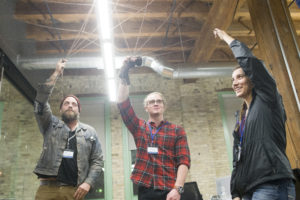 Last night at Ward 4 The Commons revealed the teams for each of this semester’s challenges. After a getting-to-know-each-other exercise that involved great lengths of yarn and a couple of well placed metaphors, the teams got to work. Joost, Mike Cook and I walked our team through the challenge to find a sustainable way excess materials from area firms could be made available for Betty Brinn’s maker initiatives and the makerspaces/FabLabs within area schools. The team’s work for this week is to look at how other organizations have solved the problem.
Last night at Ward 4 The Commons revealed the teams for each of this semester’s challenges. After a getting-to-know-each-other exercise that involved great lengths of yarn and a couple of well placed metaphors, the teams got to work. Joost, Mike Cook and I walked our team through the challenge to find a sustainable way excess materials from area firms could be made available for Betty Brinn’s maker initiatives and the makerspaces/FabLabs within area schools. The team’s work for this week is to look at how other organizations have solved the problem.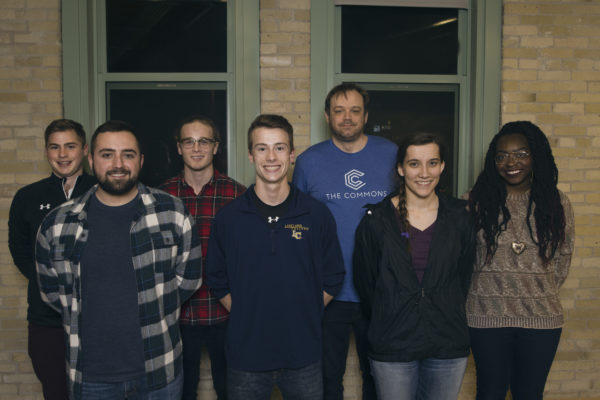

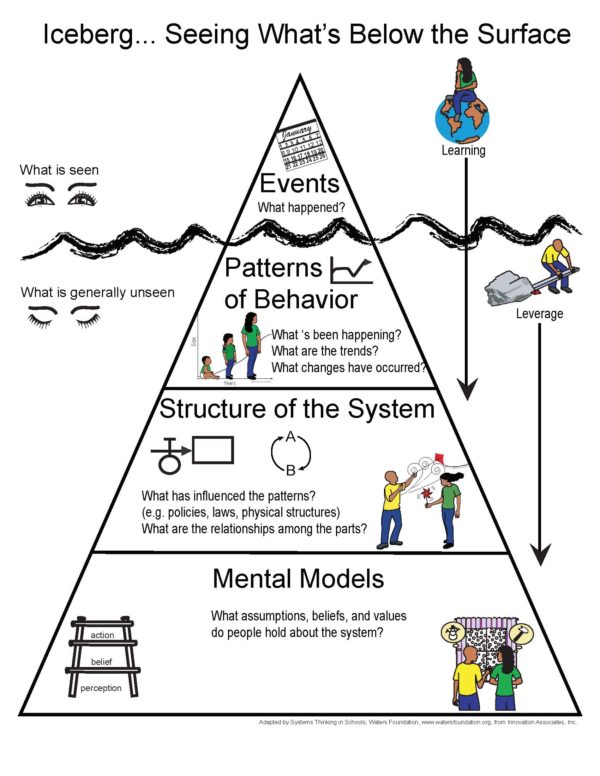
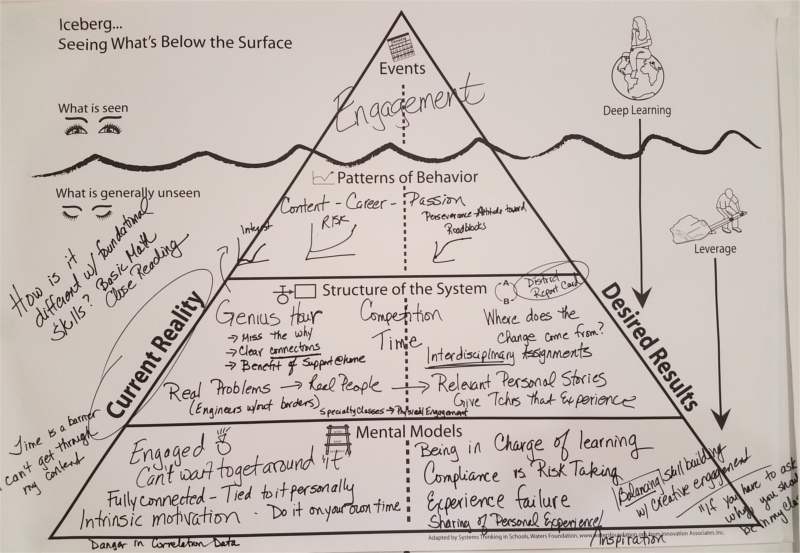
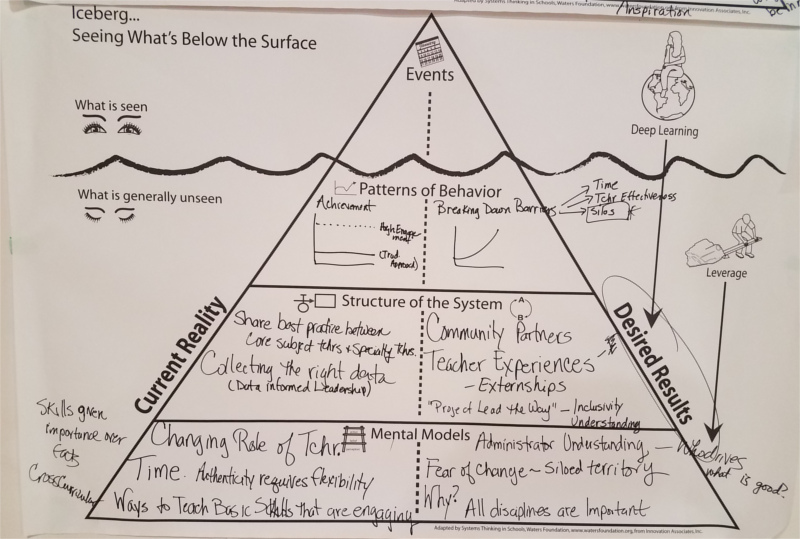
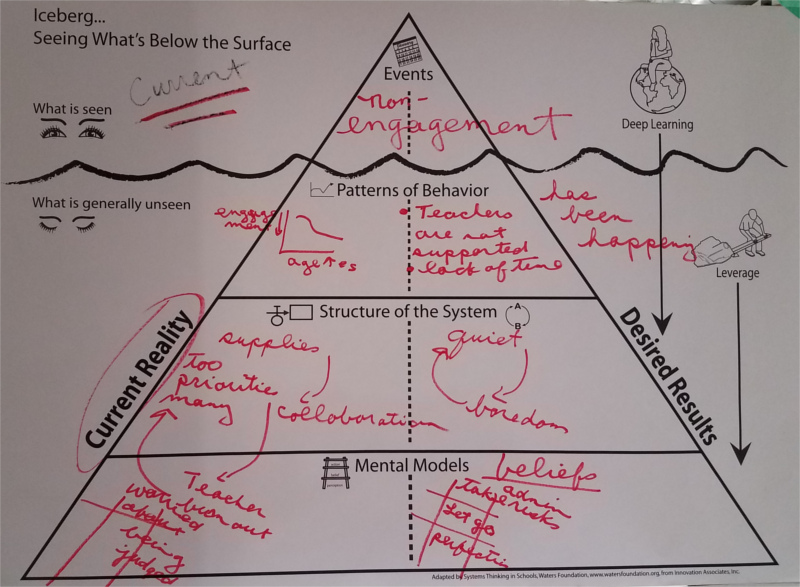
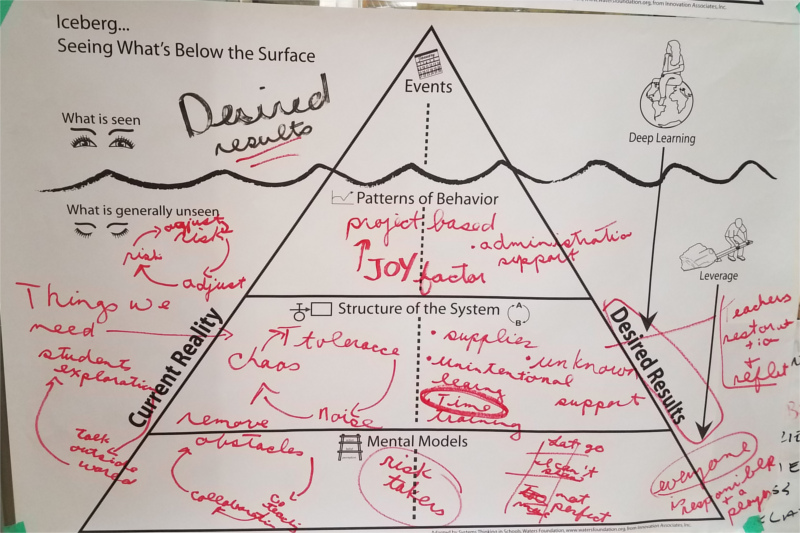
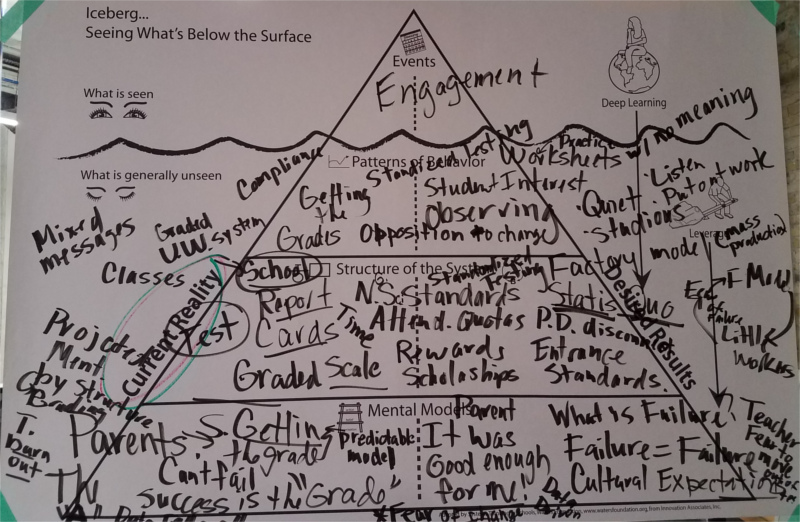

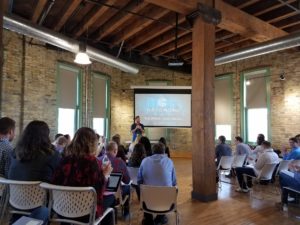 We partnered with Betty Brinn Children’s Museum to formulate this challenge over the past weeks. We are challenging a team to create a pitch for a sustainable startup to provide surplus materials to the Betty Brinn Children’s Museum’s Maker Initiative as well as area school’s maker programs. We spent Sunday afternoon at Ward 4 with Carrie Wettstein and Mike Cook from Betty Brinn to introduce our challenge and meet prospective team members.
We partnered with Betty Brinn Children’s Museum to formulate this challenge over the past weeks. We are challenging a team to create a pitch for a sustainable startup to provide surplus materials to the Betty Brinn Children’s Museum’s Maker Initiative as well as area school’s maker programs. We spent Sunday afternoon at Ward 4 with Carrie Wettstein and Mike Cook from Betty Brinn to introduce our challenge and meet prospective team members.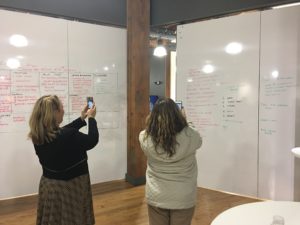 The first meeting of our makerspace/FabLab workgroup was held Tuesday evening at Ward 4.
The first meeting of our makerspace/FabLab workgroup was held Tuesday evening at Ward 4.